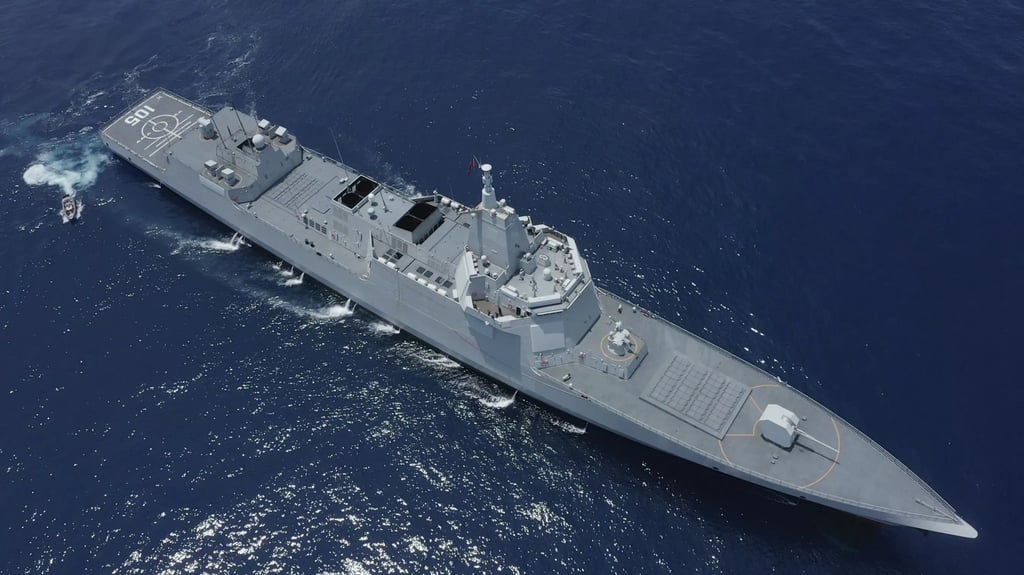“We have to contest Chinese actions not only in terms of their forward-facing strategy but their desire to go after Africa’s rare earths that will be critical for our industrial and technological capabilities,” he said.
Committee chairman Ben Cardin, Democrat of Delaware, attributed much of the blame to Republicans for not approving career diplomats who have been nominated for ambassadorial posts. Cardin cited 20 countries where China has an ambassador and the US does not.
Also noting the lack of ambassador confirmations, Senator Jeanne Shaheen, Democrat of New Hampshire, said: “I’m sorry that our colleagues on the other side of the aisle aren’t here because China continues to prioritise their diplomatic engagement, their ambassadors around the world, particularly in the Global South.
“And yet we can’t get our ambassadors approved, even the career ambassadors, not just in Africa and South America, but also in places like Albania and Montenegro,” Shaheen added.
As is customary, committee members of both parties came in and out of the hearing to attend other meetings. However, no Republicans on the panel addressed the ambassadorial appointment backlog. Senators can place “holds” on nominations even if they are in the minority party.
According to the American Foreign Service Association, more than 30 Biden nominees for ambassador and high-ranking diplomatic postings have yet to be confirmed by the Senate.
“There’s sometimes a tendency to underestimate how important our diplomats are in international organisations in the Global South – particularly when in small countries in Africa, they view the ambassador as the representative of the United States,” Campbell said.
“Washington is distant and so getting those people in place … is among our most important priorities.”
Still, committee Democrats and Republicans agreed on some areas that the Biden administration has prioritised, including support for Pacific Island nations and efforts to get the European Union to align more with Washington’s efforts.
The panel’s senior Republican, Senator Jim Risch of Idaho, praised bipartisan efforts to approve promised economic assistance for three allied Pacific island nations to blunt China’s influence in the strategically vital region.
“Probably most Americans don’t have a full appreciation of how important the Pacific Region is as far as our competition with China is concerned; China is incredibly active there,” he said.
“I was happy to hear your assessment of where the Europeans are,” added Risch, referring to Campbell’s testimony. “As far as their view of China, it’s been evolving, fortunately.”
Speaking about the EU’s stance on China in a separate hearing held by the same committee, James O’Brien, assistant secretary of state for European and Eurasian affairs, said that Beijing’s recent joint military exercises with Belarus would likely create even more friction with Brussels.
He called the drills, which were held near Poland and Ukraine earlier this month during the Nato summit, “the most counterproductive thing China could do” if Beijing was trying to tell Europe that “it poses no threat”.
“China’s entire strategy coming out of Covid was to separate the US from our European partners. And with actions like that, it has told them that China is an active threat,” O’Brien said.
He contended that China’s actions have made it easier for the US to “advance issues like trusted vendors, like making sure critical infrastructure is free from surveillance and from illegally subsidised goods” with the EU.
Senator Marco Rubio, Republican of Florida, grilled Campbell on the extent to which China has been able to wield power and influence through this capacity.
“They’re building aircraft carriers. They’re building this fleet of LNG ships. They’re even building cruise ships. And we all understand that shipbuilding is at the core of the ability to project power, not just military, but commercial power,” Rubio said.
“And they are the undisputed king of basic industrial inputs, steel and cement – and these things that are not glamorous.
“So how does that fit, this whole view of this domination that they’re establishing in these key core industries … into our strategy?”

After telling Rubio that “I accept and deeply support that general world view”, Campbell went on to say that “there are a thousand reasons why naval shipbuilding is challenging.
“I would like us to think there might be ways that we could work with allies and partners here, but it’s extremely difficult,” he said. “But I will tell you … the difference in shipbuilding between the United States and China is deeply, deeply concerning.
“We have to do better in this arena, or we will not be the great naval power that we need to be for the 21st century,” Campbell added.
Additional reporting by Holly Chik in Washington
